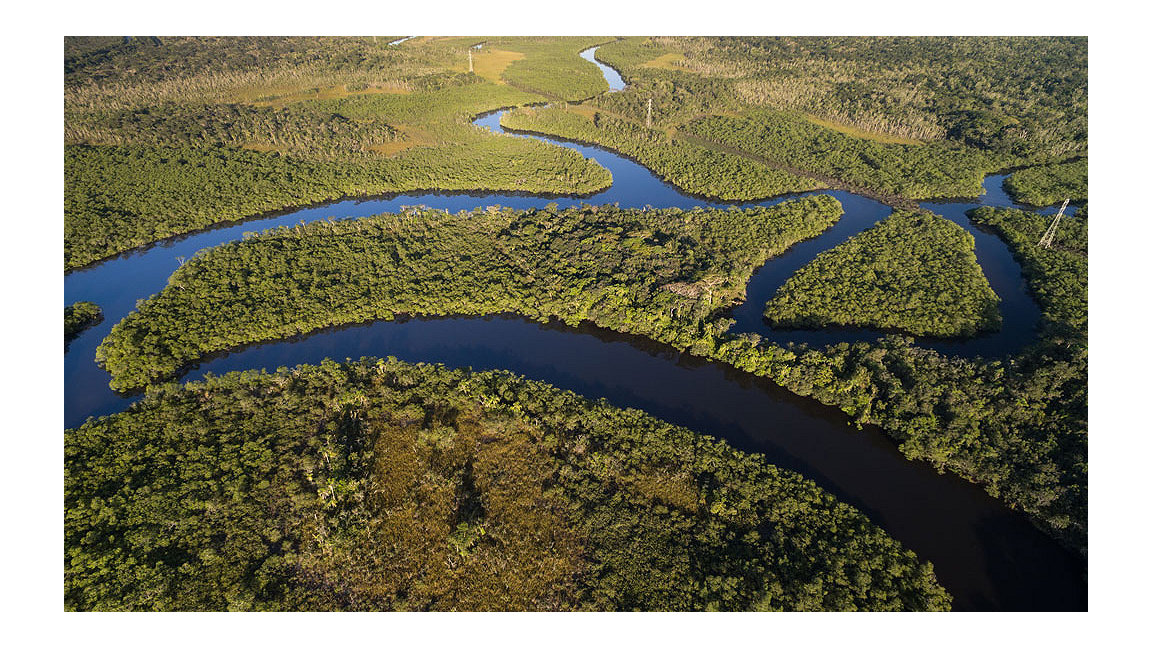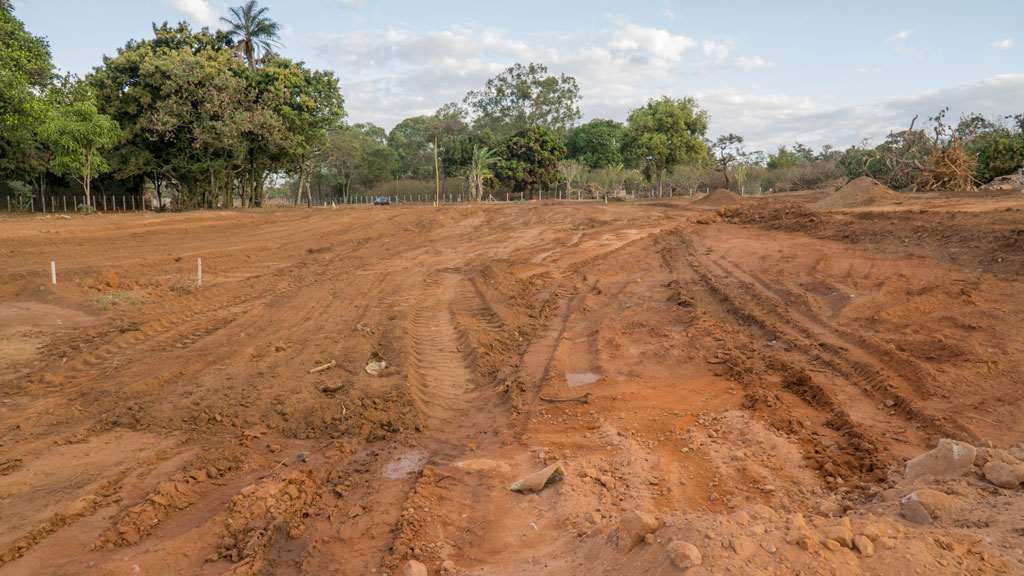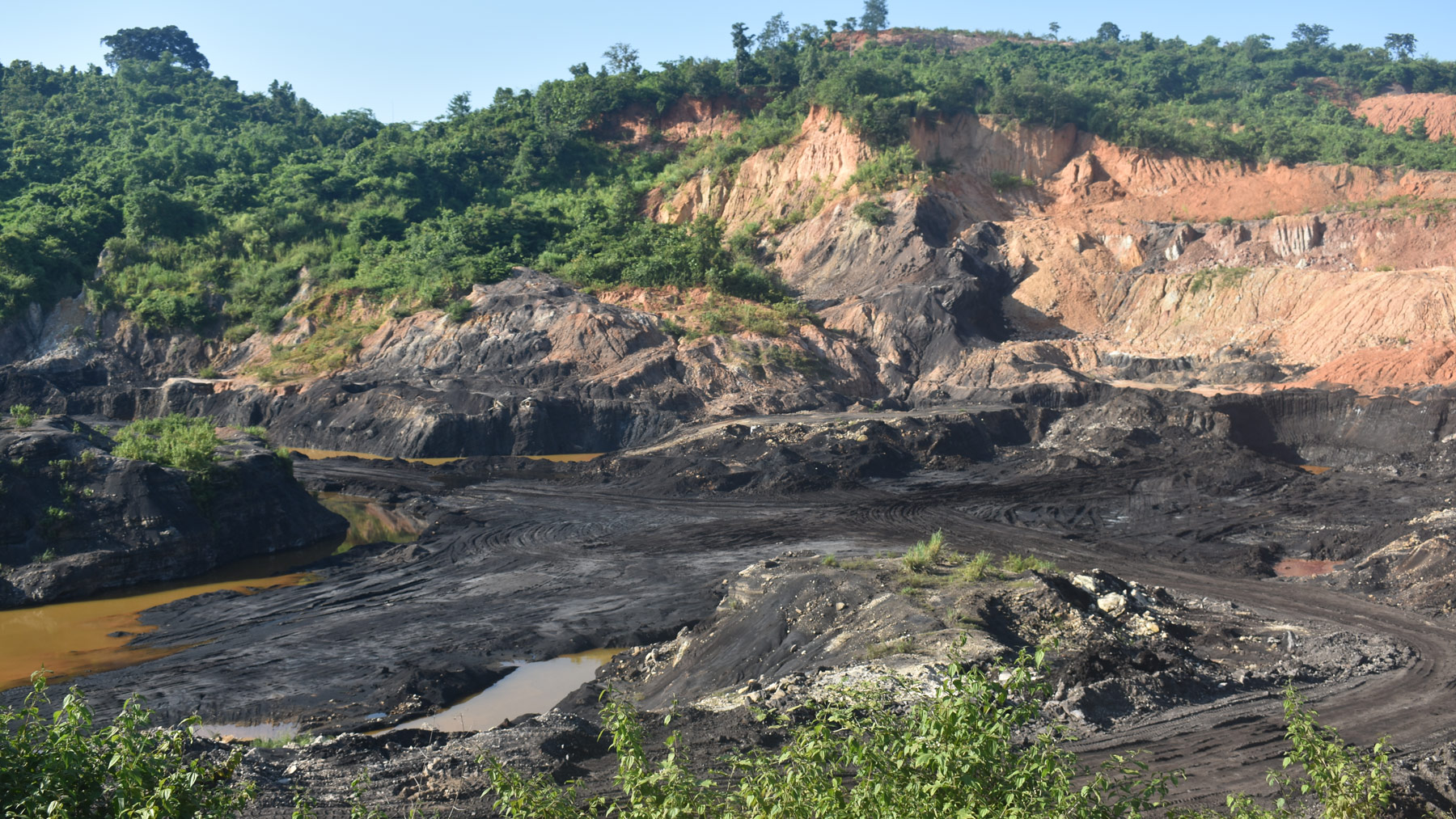
Brazilian rainforest
All over the world, governments are inviting international investors to come and use more land for logging, ranching and plantations of oil-producing palm and other crops, as well as extractive industries.
Instead of taking action against the destruction of the planet to support a sustainable future for all, governments, corporations, and international institutions are doubling down, wanting to exploit more natural resources in the name of economic progress and development.
However, one obstacle to this expansion has been the tenure regimes prevailing in many countries, and the rights they provide to the people living on those coveted lands. As much as 65% of the world’s land area is still under the stewardship of communities thanks to customary systems. Indigenous people and local communities have proved to be effective stewards of natural resources, managed under a variety of communal and collective tenure arrangements.
Traditional indigenous territories cover 22% of the world’s land surface and contain a remarkable 80% of global biodiversity. Many formerly colonised countries have adopted dual systems of tenure that recognise customary land laws while also establishing that all land is owned by the state – a situation seen as a constraint for investors and businesses. As the World Bank says, "undocumented [land] rights pose challenges and risks to investors"; and in the case of Africa, the continent is "held back by landownership confusion."
A recent report by the Oakland Institute, Driving Dispossession: The Global Push to "Unlock the Economic Potential of Land", details the various ways in which governments – whether willingly or under pressure from financial institutions and so-called donor countries – attempt to privatise land and make it available for exploitation.
- land reforms
- changes in laws and regulations
- the use of new technology for land registration
- the removal of safeguards to protect indigenous people and the environment.
"A recent report details the various ways in which governments – willingly or under pressure – attempt to privatise land and make it available for exploitation"
Technology and tenure
Like the MCC – and in contradiction of its own research, which has long recognised the value of customary systems – the US Agency for International Development also plays a major role in financing and leading private titling projects worldwide. US corporations are increasingly involved as well, bringing in blockchain to secure land tenure. Proponents of the technology for land administration argue that it has the potential to improve the security and transparency of land registries by storing all information on property boundaries and owners in an immutable, online source. However, using blockchain obliges countries to move towards systems of private land ownership, which will require registration and digitalisation.
The blockchain-based land titling programme in Zambia, led by a subsidiary of the online retailer Overstock.com, demonstrates how blockchain is used to privatise land and access natural resources. Overstock.com’s former CEO Patrick Byrne made his motivation clear when he said that the project’s goal was to unlock trillions of dollars in global mineral reserves that are inaccessible because of unclear land governance systems. The company signed an agreement with the World Bank to collaborate on similar projects in dozens of other countries in 2018, but so far the bank has refused to make this agreement public.
The US also has inordinate financial and political power over global institutions such as the World Bank and International Monetary Fund (IMF) that promote policies and regulations to privatise the commons for the benefit of the private sector. In Ukraine for instance, President Volodymyr Zelensky signed a bill into law in April 2020, which authorised the sale of farmland, lifting a moratorium that has been in place since 2001. This bill was part of a series of policy reforms that the International Monetary Fund (IMF) conditioned a US$8 billion loan package upon. Faced with a serious economic crisis, an ongoing civil war, and the rapidly escalating COVID-19 pandemic, Ukraine risked plunging into default without the package. Known as the "bread basket of Europe" for its rich, black soil, Ukraine has 32 million hectares of fertile land — equivalent to one-third of all arable land in the European Union. Lifting the moratorium had been a key demand of the IMF and the World Bank since the 2014 Euromaidan movement but was opposed by more than 70% of the population.
"The blockchain-based land titling programme in Zambia demonstrates how blockchain is used to privatise land and access natural resources"


International institutions exert pressure
When it comes to seizing and privatising land in the global south, the World Bank is a key instrument of the corporate agenda championed by the US, which is the institution’s primary donor.
Funded by the Bill & Melinda Gates Foundation and the US and UK governments, the bank’s Enabling the Business of Agriculture (EBA) programme is supposed to support the New Alliance for Food Security and Nutrition, an initiative launched by the G8 to promote privately led agricultural development in Africa. In 2019, the Oakland Institute report The Highest Bidder Takes It All: The World Bank’s Scheme to Privatize the Commons denounced the project’s unprecedented, aggressive attack on land rights as it promoted large-scale industrial agriculture at the expense of farmers, pastoralists, and indigenous people.
- formalise private property rights
- ease the sale and lease of land for commercial use
- systematise the sale of public land by auction to the highest bidder
- improve procedures for expropriation to put land to what the bank describes as its best use.

Our findings generated global outrage and the bank eventually dropped the new land indicator in the 2019 EBA report. Instead, it recognised the importance of customary land rights by announcing that safeguards to protect such rights should be "a development priority". This is a major victory for billions of family farmers, pastoralists, and indigenous people around the world who rely on their land for their livelihoods, and a victory for the 280 or more civil society organisations that have joined the Our Land Our Business campaign to push back against the World Bank.
However, beyond the changes in its rhetoric, the bank’s prescriptions on land privatisation are still being applied at country level in different forms. It remains strongly committed to the promotion of large-scale industrial agriculture, which it continues to encourage and finance. In the Democratic Republic of Congo for instance, the bank has financed and guided the government’s disastrous plan to establish 22 agro-industrial parks across the country, leading to land grabs and some $100m of public funds being wasted by the government on the pilot project.
The support to these parks is consistent with the development model promoted by the bank around the world that encourages growth poles, development corridors and special economic zones to attract foreign investment. According to this model, governments are expected to concentrate their efforts on specific geographic areas to which investors are attracted through various incentives (e.g. provision of services or tax exemptions). Instead of protecting community rights to land, governments are told to operate on the deeply flawed assumption that development can only be achieved by granting corporate interests unfettered access to their resources, as the bank and so-called donor countries encourage.
- eviction and dispossession
- corporate concentration of land ownership
- environmental degradation.

Yet proven alternatives exist, and have been implemented successfully all over the world. In West Africa for instance, investments into various stages of the dairy value chain have increased local production without affecting the customary tenure systems governing nearly 50 million nomadic herders and agro-pastoralists. As a result, local dairy production increased by over 50% between 2000 and 2016. Local communities and indigenous people are effective stewards of these areas, and are the last line of defence against land grabs and destructive governmental and corporate practices that convert family farms, grasslands, and forests into monocropped industrial plantations, large ranches, and stripped-earth mines.
Rather than erasing local governance and negating indigenous autonomy, governments must instead build systems that incorporate a diversity of ownership and governance arrangements, and focus on development that serves the people instead of taking the land away from them for the profit of corporations.
